Biologists, governor visit bear den in Pelham
| Published: 03-13-2024 10:15 AM |
PELHAM — State biologists took the governor for a visit to a black bear den in Pelham last week as part of ongoing research.
Each winter, biologists from the Massachusetts Division of Fisheries and Wildlife (MassWildlife) visit the dens of female black bears, called sows, with radio tracking collars to assess the health and number of new cubs. The study provides critical information about the growing bear population in Massachusetts.
The biologist this year escorted Gov. Maura Healey and several other officials on a visit on Friday, where they were able to get an up-close look at a sow and her three cubs after trained staff immobilized the adult animal.
“We had a great time learning from our wildlife experts and getting to know our bear neighbors,” Healey said in a statement. “Massachusetts is home to an impressive variety of habitats and wildlife. We are committed to using the best possible science to conserve biodiversity in Massachusetts. This black bear research is a great example of how we are making that happen.”
While at the den, biologists checked the health of the cubs and mother, and replaced the sow’s GPS tracking collar. Signals from the collar are used throughout the year to see whether bears are visiting natural areas or developed, residential areas. After all the data was collected from the sow and cubs, biologists carefully returned the bears to their den and left the area. Many black bears are becoming more active during this time of year, but sows with cubs remain in their dens for several more weeks.
Joining Healey on Friday were Energy and Environmental Affairs Secretary Rebecca Tepper, Department of Fish and Game Commissioner Tom O’Shea, MassWildlife Director Mark Tisa and first partner Joanna Lydgate.
Tepper said MassWildlife’s black bear research program is the longest of its kind in New England.
“The goal is to understand bear behavior, population size, and movements across Massachusetts,” Tepper said in a statement.
Article continues after...
Yesterday's Most Read Articles
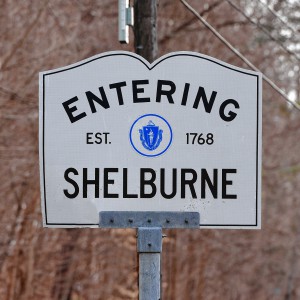 Serious barn fire averted due to quick response in Shelburne
Serious barn fire averted due to quick response in Shelburne
 Bridge of Flowers in Shelburne Falls to open on plant sale day, May 11
Bridge of Flowers in Shelburne Falls to open on plant sale day, May 11
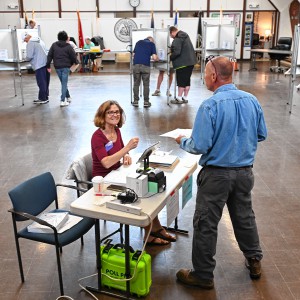 Political newcomer defeats Shores Ness for Deerfield Selectboard seat
Political newcomer defeats Shores Ness for Deerfield Selectboard seat
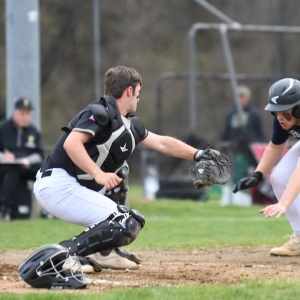 Roundup: Pioneer baseball wins Suburban League West title following 2-0 win over Hopkins
Roundup: Pioneer baseball wins Suburban League West title following 2-0 win over Hopkins
 As I See It: Between Israel and Palestine: Which side should we be on, and why?
As I See It: Between Israel and Palestine: Which side should we be on, and why?
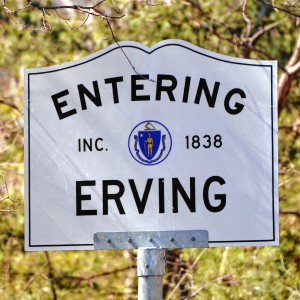 Employee pay, real estate top Erving Town Meeting warrant
Employee pay, real estate top Erving Town Meeting warrant
O’Shea noted that despite Massachusetts being the third most densely populated state in the country, black bear populations are thriving and have expanded their range as far east as the Interstate 495 corridor. Collecting this data helps MassWildlife understand populations, educate the public and minimize conflicts with these creatures, he said.
MassWildlife’s Black Bear Project Leader Dave Wattles said in a statement, “Our goal is to keep these impressive animals wild by understanding their movements and by encouraging people to take actions like removing bird feeders and securing trash in their yards.”

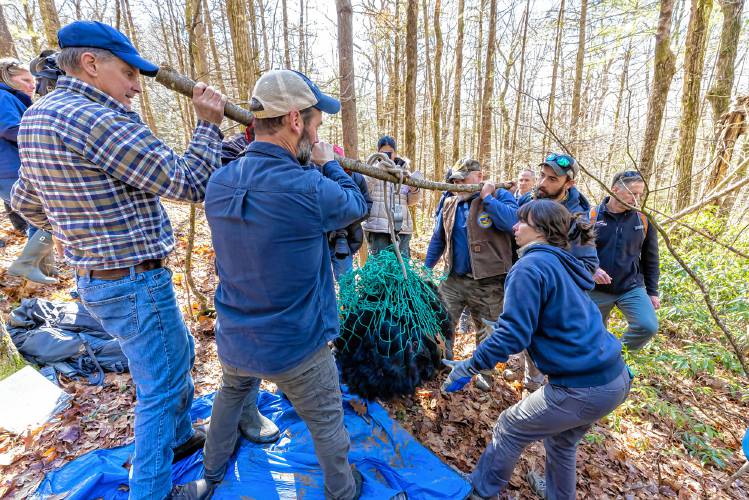
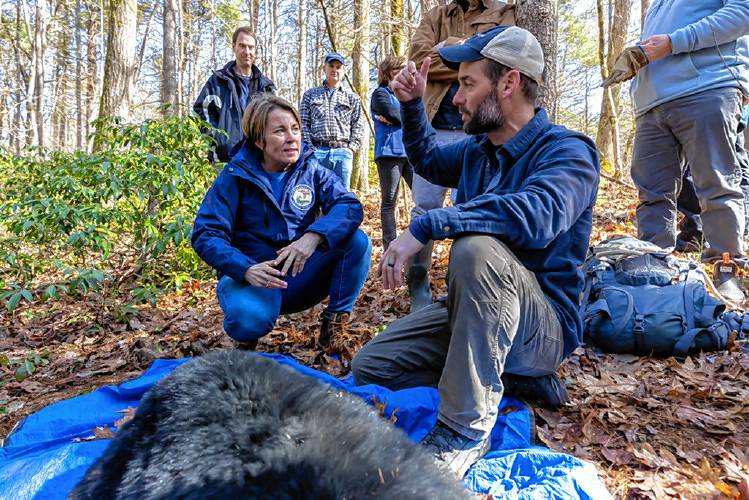
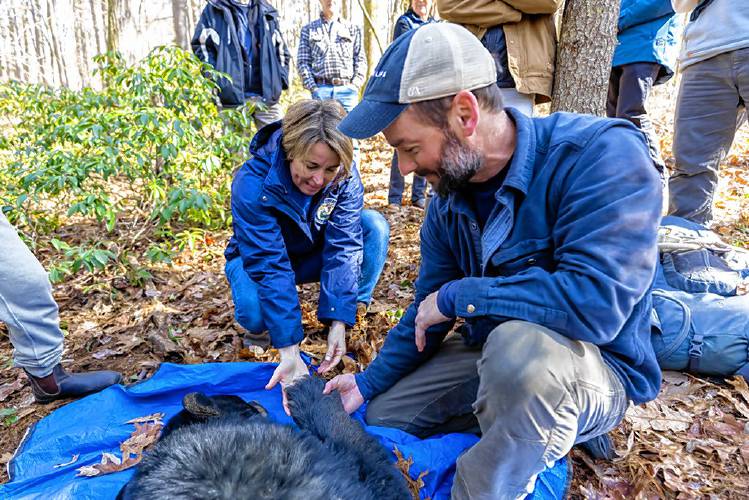
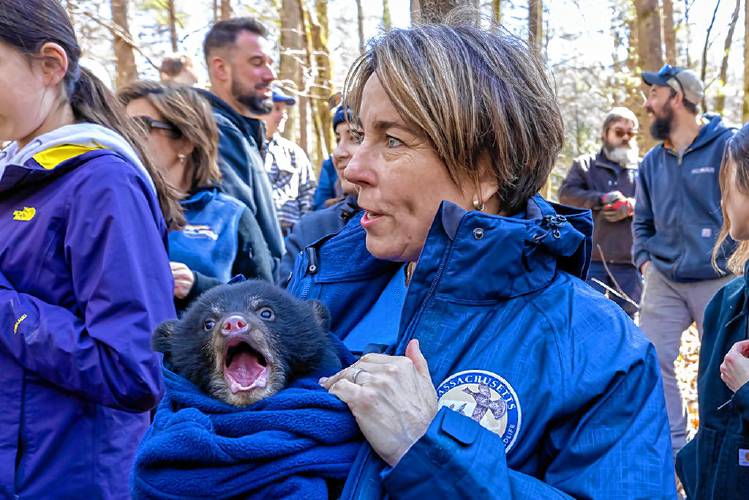
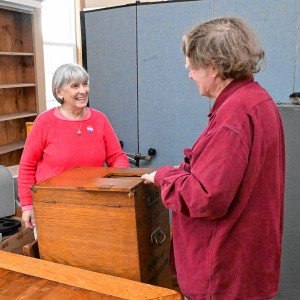 New Salem election ushers in new Selectboard member
New Salem election ushers in new Selectboard member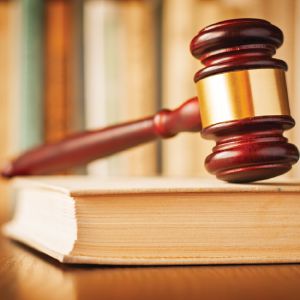 Community Legal Aid expands Disability Benefits Project to Franklin County
Community Legal Aid expands Disability Benefits Project to Franklin County
